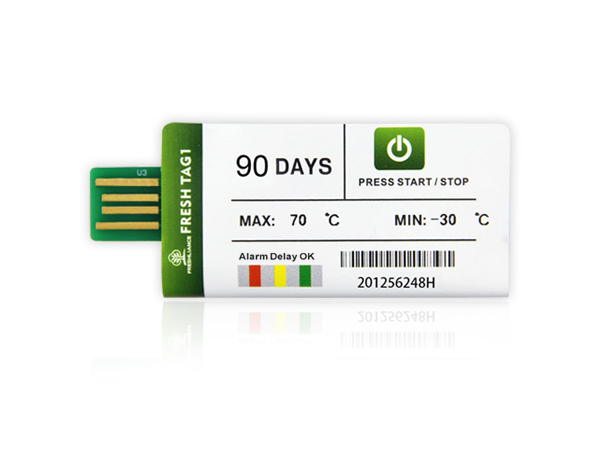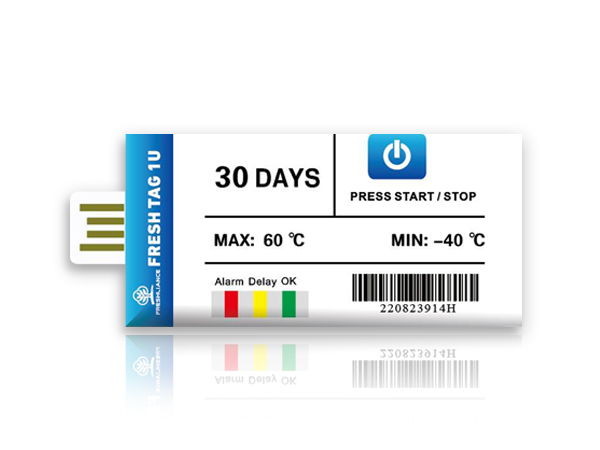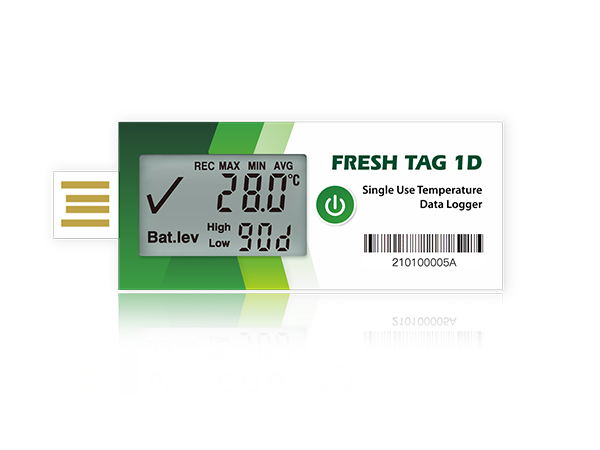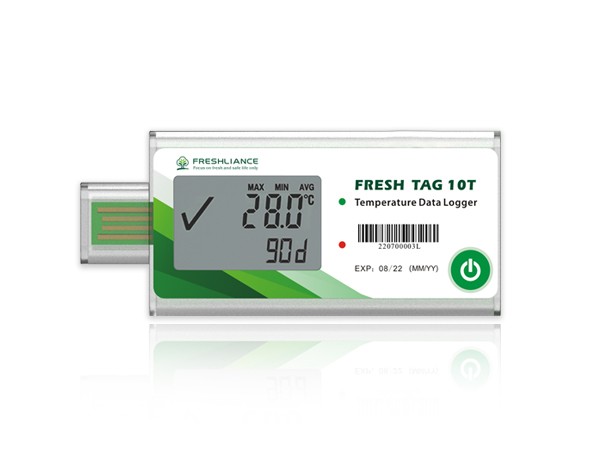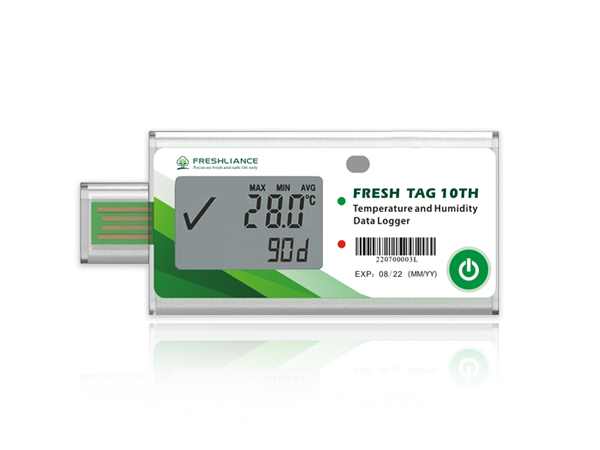Today, let's talk about 10 factors that you should consider when buying a temperature data logger.
At CAS Data Loggers we talk every day with customers looking for the right data logger for their temperature monitoring application. Often people are new to data logging and aren't sure which temperature data logger manufacturer or feature to go with. If you're researching based on functionality, price or specifications, check out these 10 factors to help you find the right logger for your application.
Which temerature data logger is the best for my industry?
Data loggers can measure nearly any physical or electrical value, so they’re used in just about every industry you can name. For example, temperature data loggers are used in food processing, equipment monitoring, medical monitoring, environmental data logging and more. However we can help you narrow down your search with a few questions about the product, equipment or room you’re monitoring and where it’s located.
Which temperature data logger connects to this sensor type?
If you know in advance what sensor type you’ll be using, this will further help you find what you need. Some specialty data loggers are designed to take data only from thermocouples, significantly lowering your cost, while others connect to a broader range of temperature sensors such as RTDs and thermistors. We also offer data loggers with their own internal sensors for plug-and-play monitoring.
How can I achieve compliance with our regulations?
Data loggers perform continual monitoring, alarming and electronic documentation to aid with compliance and best practices in your industry. We have data loggers to help achieve compliance with many common regulations including temperature data loggers for HIPAA patient privacy, Lascar loggers for CDC medical storage guidelines, T&D data loggers for ASHRAE guidelines in HVAC applications, and more.
What can I get for my price range?
Data loggers are available from many different manufacturers in a wide variety of models. We offer temperature data loggers from $20 and up for most applications including cold chain supply, life science monitoring and ambient temperature monitoring.
I don’t know what sensor types I'll be using—what covers all the bases?
When this is the case, or when you’ll be using multiple sensor types, it’s often more cost-effective to use a data logger with universal inputs for connection with many different sensors. We have data loggers from data Taker and Grant, which can record and store temperature readings from thermocouples, thermistors, RTDs, and many other kinds of sensors.
What'll survive being outside/dropped in water/damage from accidents?
That’s easy, a data Taker! Data Takers have survived falling off of moving trucks, being splattered with pet food in a processing plant, and even travelling into the eye of a tornado! Many of our other manufacturers including T&D, and Lascar have devices featuring IP and NEMA-rated protection from liquids and dust.
Which software is the easiest to use?
This depends on who will be using the software. For example, you’ll want to keep it simple when transporting product, so ECCS temperature loggers make it easy for drivers to give proof of best practices to receivers. In the medical field, Freshliance data loggers are simplicity itself and are accessible by staff who can view all the temperature data in real time.
Where will my alarms be sent?
This is one of the most important things to consider: when your temperatures go outside the safe window, do you want a logger that shows its alarm state by LED, or do you want an email sent directly to your mobile device in case of emergency? We have you covered with models from over 16 manufacturers which let you choose how you receive these business-critical alerts.
Should I go with a wireless or wired setup?
This depends on the network in your facility, your effective wireless ranges, and where the logger will be installed. For a hassle-free solution we also have standalone data loggers which perform unattended recording completely independent of a PC.
What happens if I run into a problem?
You can always call an expert technical support for assistance with setup, configuration and downloading data.

 English
English Español
Español Русский
Русский Français
Français Deutsch
Deutsch عربي
عربي 中文
中文